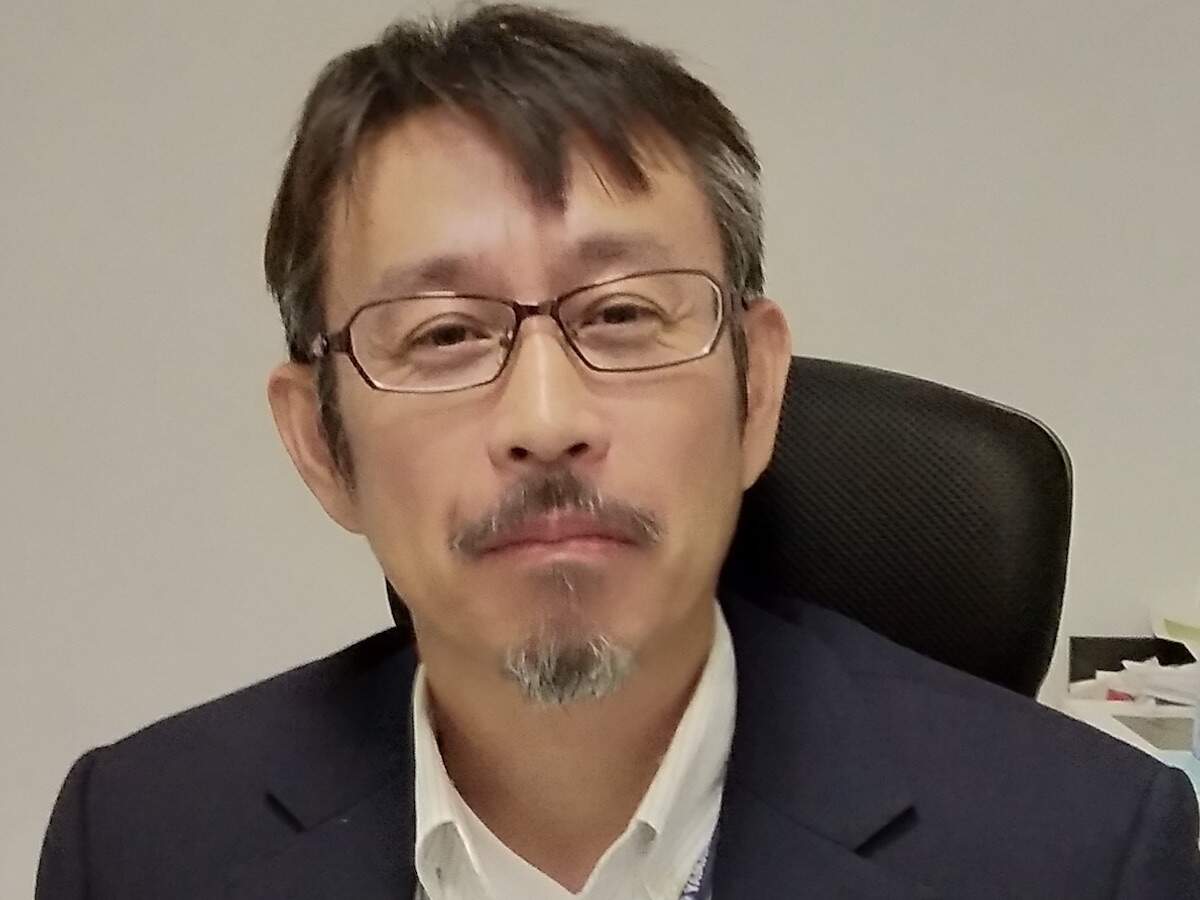 By Takahiro Henmi
By Takahiro Henmi
The true corporate ‘mantra’ today is to believe in the practice of developing fruitful relationships for developing businesses around the world. With unlimited challenges ahead of them, the human resources teams are required to develop the workforce based on their achievements and performance, regardless of their gender, age, nationality, or any other external factors.
At the same time, it is imperative to promote active participation of the females in any organisation. While the economic system has drastically changed due to the pandemic and will require a treatment of both insightful leadership of direction and expanse, the headstrong compassion growing towards resources and environment that business world requires post the Covid-19 era will serve to shape a more ‘cooperative leadership’.
The United Nations has laid the theme for Women’s Day 2021 as “achieving an equal future.” It is not just about the rise in female workforce for the supporting roles but also to enhance their participation in a much effective way that directly connects to the profitability and productivity of the organisations. Hence, it is undeniable that it’s time for creating a passage of effective participation for women in the companies. Female talent remains one of the most underutilized resources in manufacturing companies despite women actively contributing with more entirety to the professional and technical professions. The most important workplace factors for women are the ability to do what they do best, especially when they are offered opportunities for challenging assignments, improved work-life balance, and lucrative packages.
There are many myths and stereotypes about the challenges in the manufacturing industry in terms of women’s role in it. As a matter of fact, hiring females in manufacturing roles is an effective way to attract more women, since it reflects a positive gender-inclusive culture. Women usually work on timelines which is inevitable to earn profitability and remain competitive, and they manage and coordinate with other working professionals spread across various co-working teams across departments. With the landscape of business leadership changing in many ways, the role of all genders in the vital functions of a business seems to be necessary.
There are innumerable little things that the human resources systems in the companies must continue to address in order to recreate strength and motivation among women employees. Additionally, all companies must organise digital POSH (prevention of sexual harassment at workplaces) workshop at regular intervals, to invoke a feeling of strength and fairness among every employee more than repeating about the procedures and provisions laid in the principal act.
We are all aware that the thought-leadership, ideas, and efforts of women leaders are required to create an exceptional success by all parameters. But how to achieve it remains a most important question of our time. As aptly included in the 2021 theme of the United Nations, the secret to success is to devise more training programmes on empowerment for women across roles, titles, and areas of responsibility. We must not forget that women face many barriers and stereotypes, which are completely different from what men encounter in their lives. Yet, with dissimilar challenges at hand to deal with, when both genders come together to do the same work, a standardized training and empowerment exercise will not be able to deliver same results. More importantly, when women are in leadership roles, such challenges multiply due to peer expectations and company cultures that vary from one person to another.
For instance, Yamaha introduced a unique initiative back in 2012 by launching the Pink Assembly Line (assembly line for scooters managed entirely by the women workers). Under this initiative, 200 women workers received the industrial training by being on the job. The three-years programme managed to build a better culture in Yamaha where both male and female employees can work together at the shop floors and contribute in the most effective way towards the growth of the company. The initiative was later adopted by many other companies in shop floors and it helped break age-old gender barrier. This simultaneous training had verbalized and established the merit of both equal capabilities and rights for both men and women. Moreover, Yamaha’s on-shop training was provided to both men and women employees concurrently that is designed to acquire high skills of integrity and perfection at the assembly line.
We all know women are very much needed in today’s corporate which constitutes entirely new challenges for any gender, and that a competitive volunteering can only define and decide its supreme standards. Thus, Yamaha’s integral corporate philosophy to set the right track of equality could be implemented. Now women employees are actively and efficiently contributing to all the critical functions of manufacturing like their male counterparts.
Such a new and challenging work offers a level playing field wherein everyone has a fair and equal chance of success. More of such activities help employees to realize one’s true potential while breaking out of the shadows and shelters that cage countless possibilities.
The author, Takahiro Henmi, is Executive Vice President – HR at Yamaha Motor India Group.
DISCLAIMER: The views expressed are solely of the author and ETHRWorld does not necessarily subscribe to it. ETHRWorld will not be responsible for any damage caused to any person or organisation directly or indirectly.